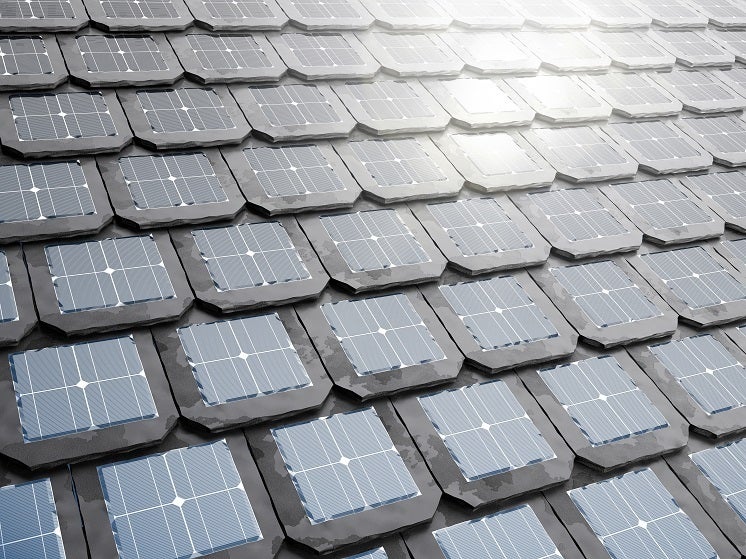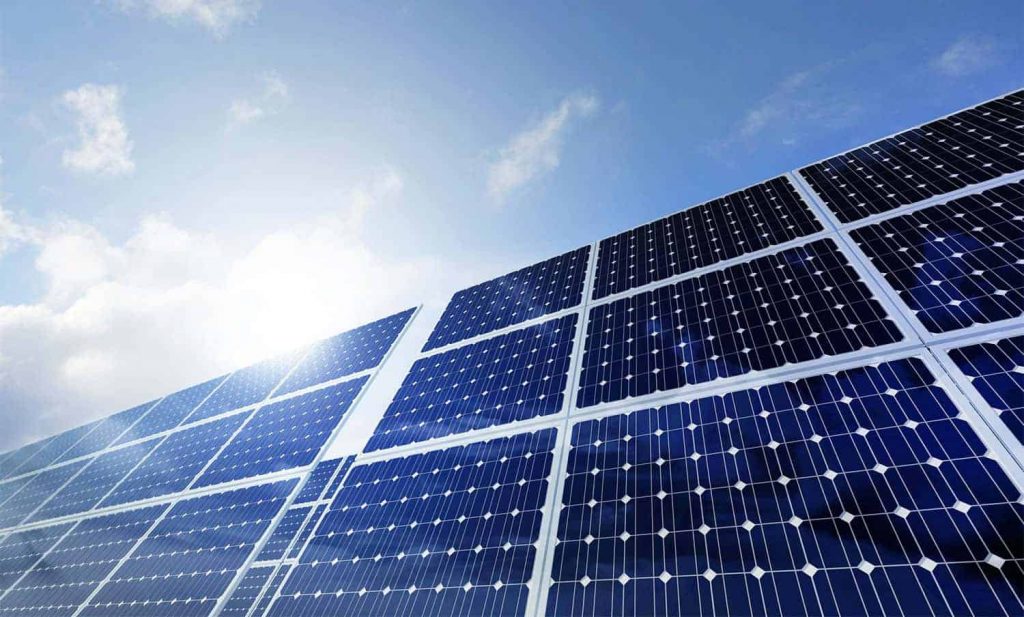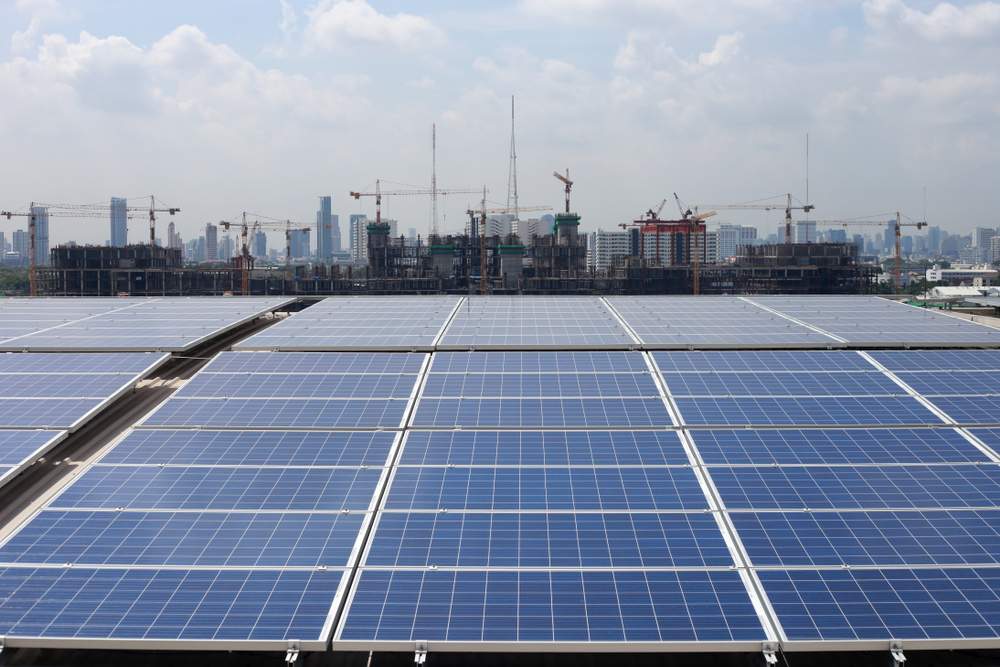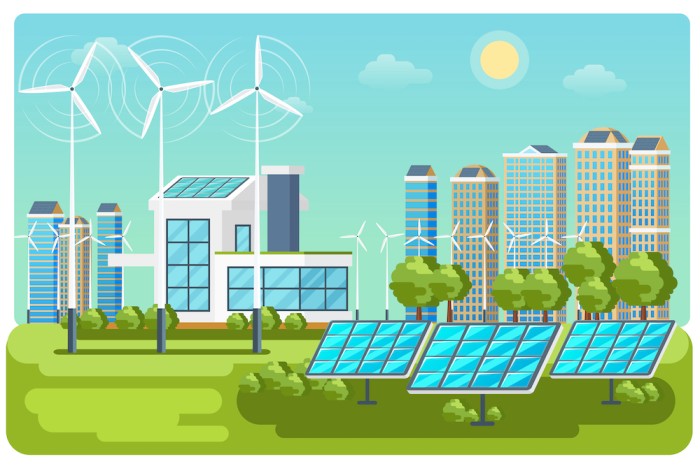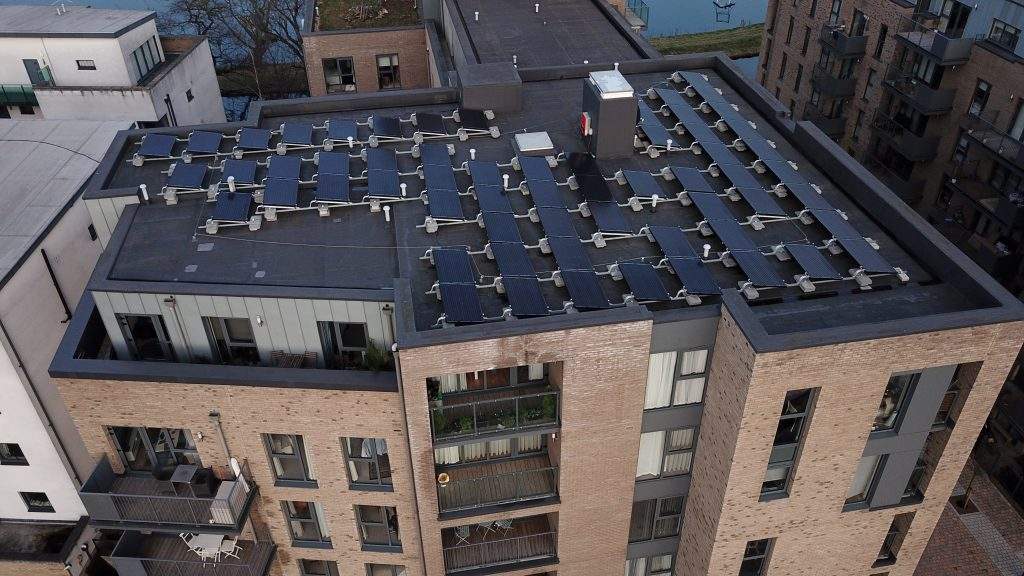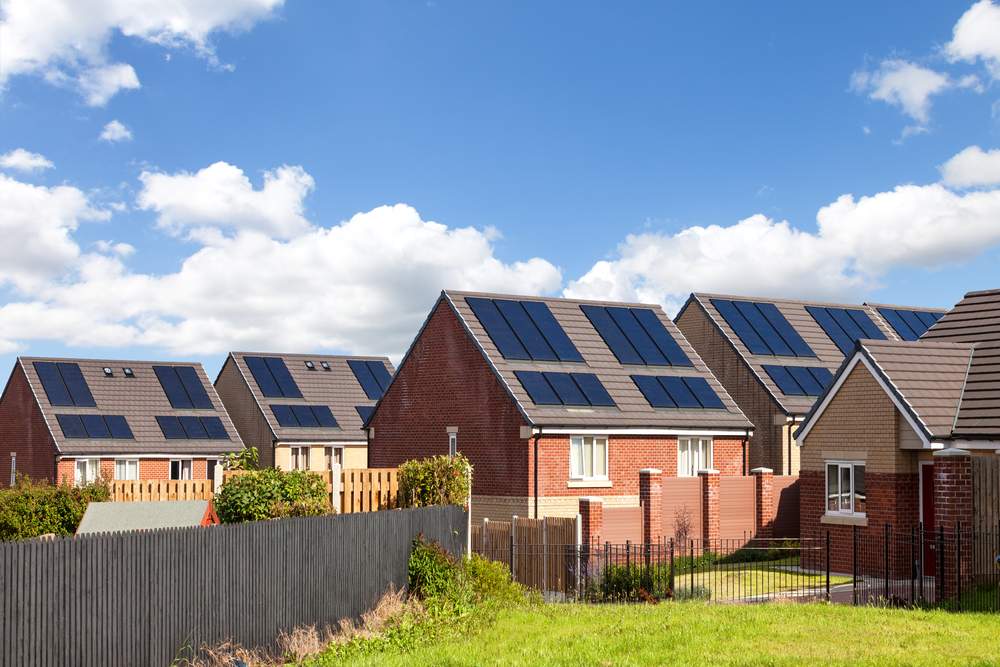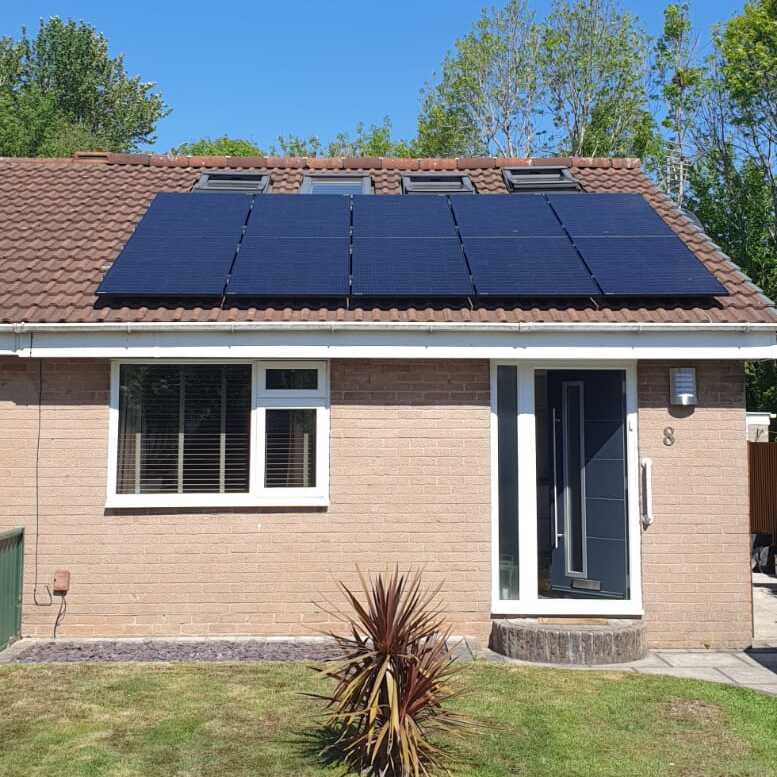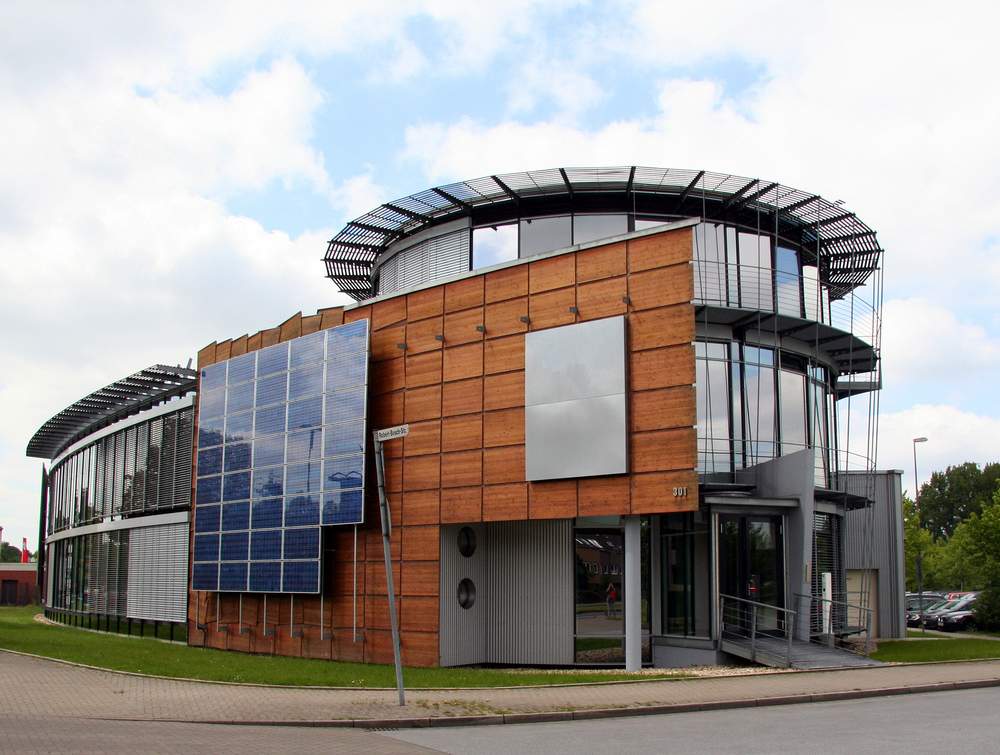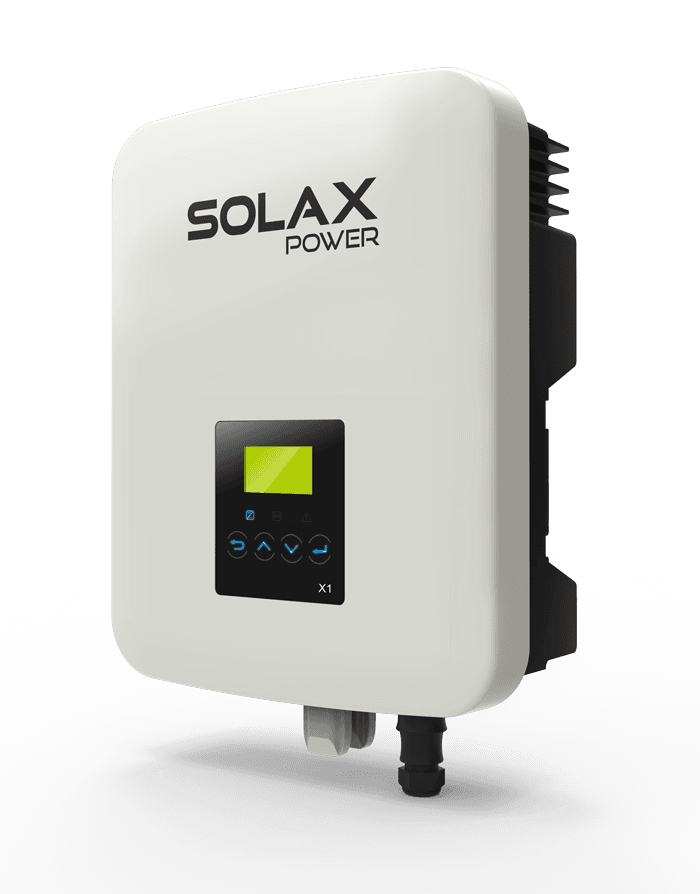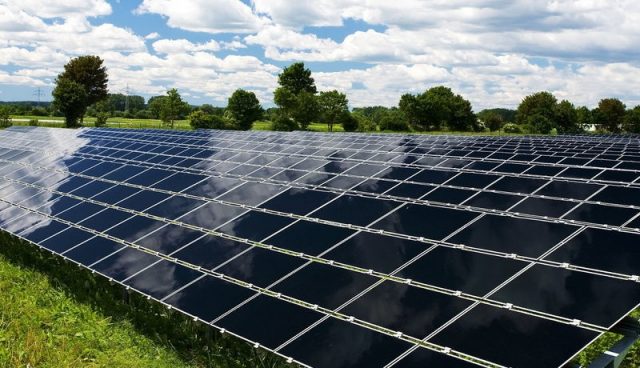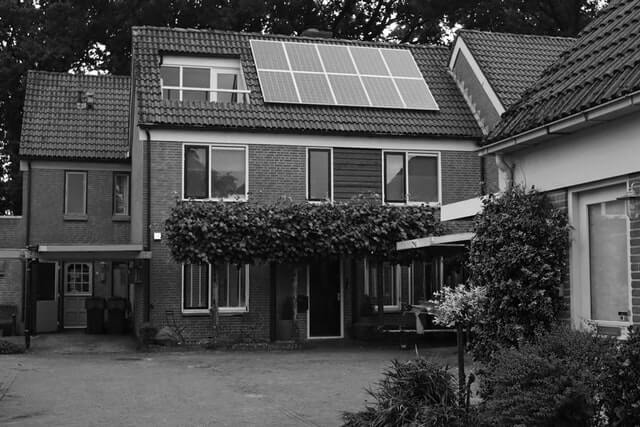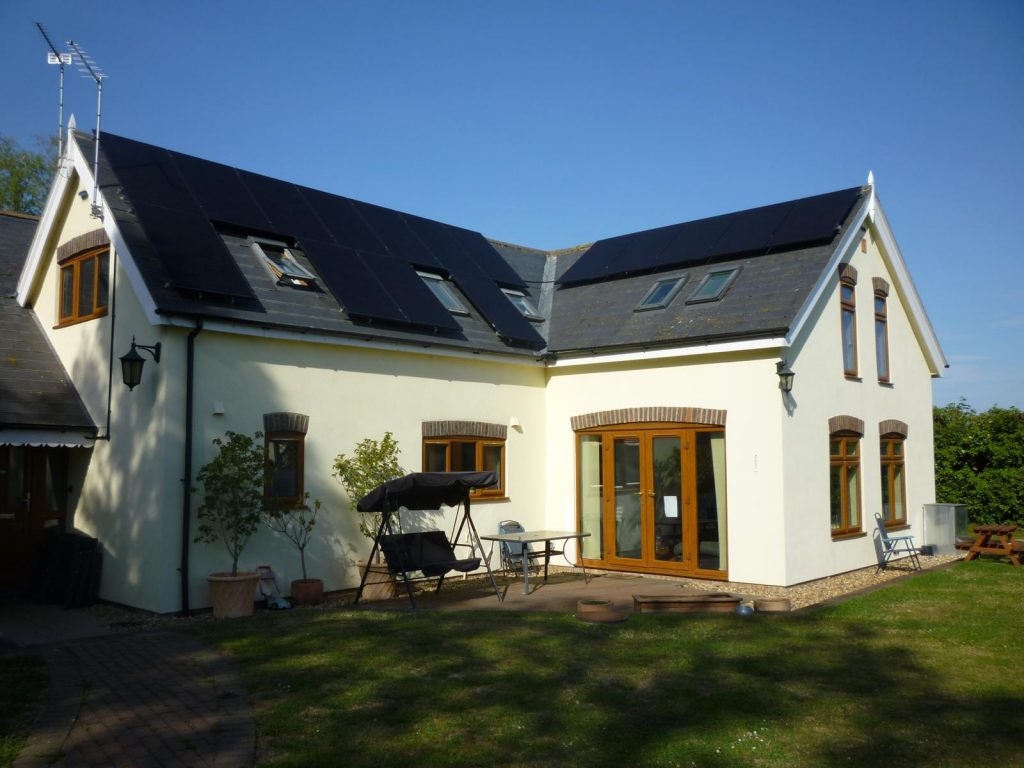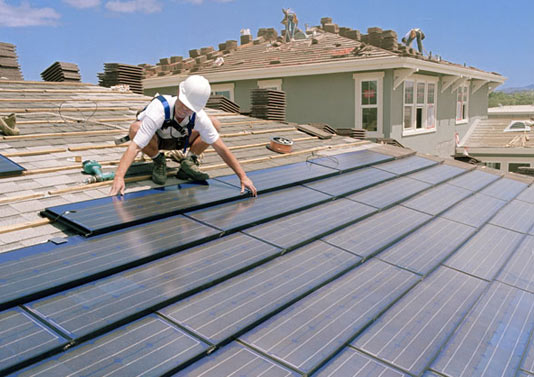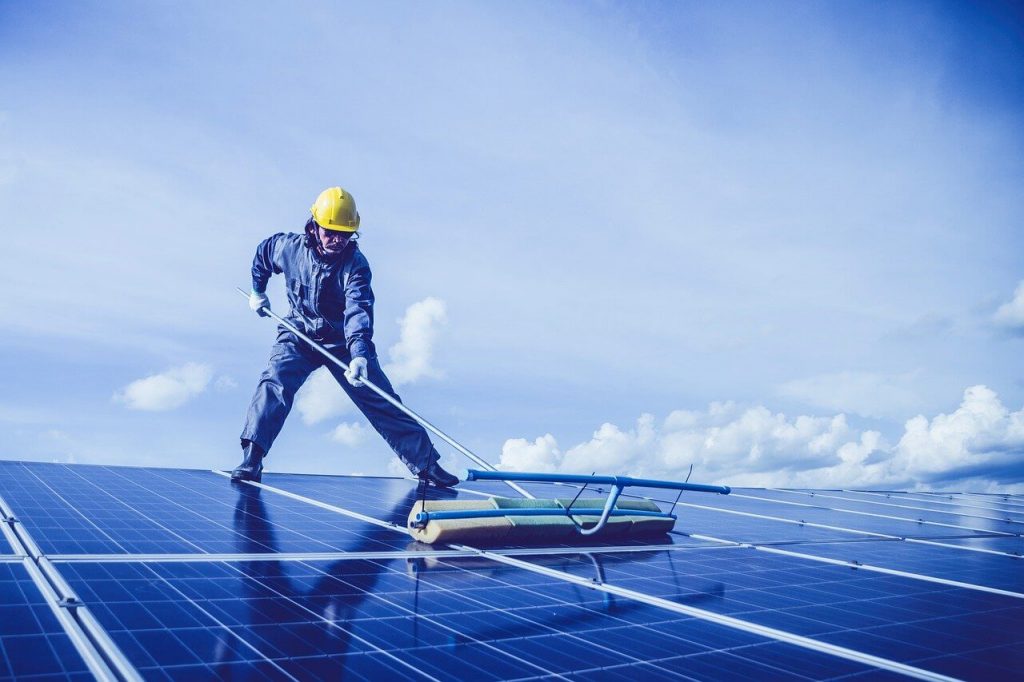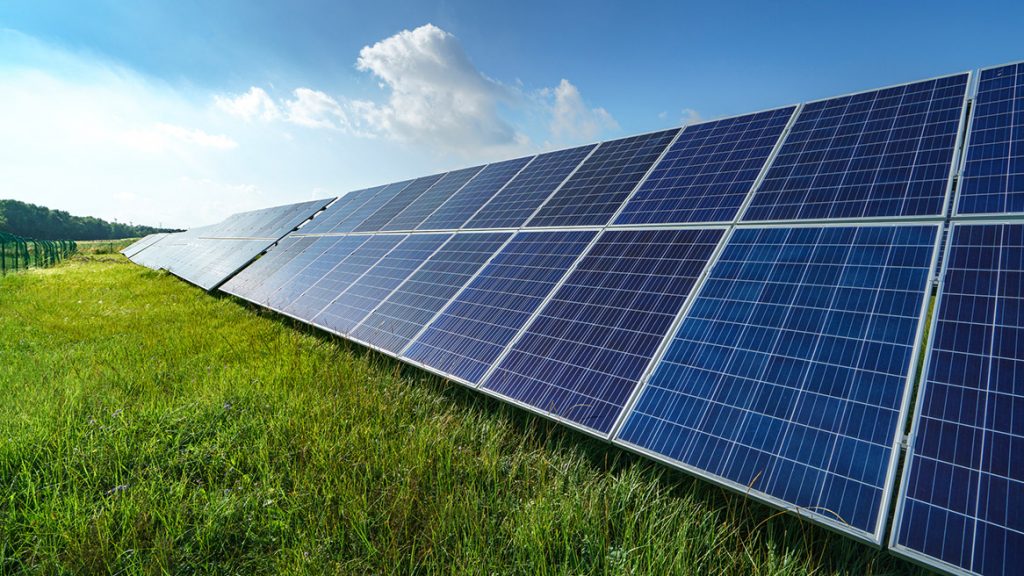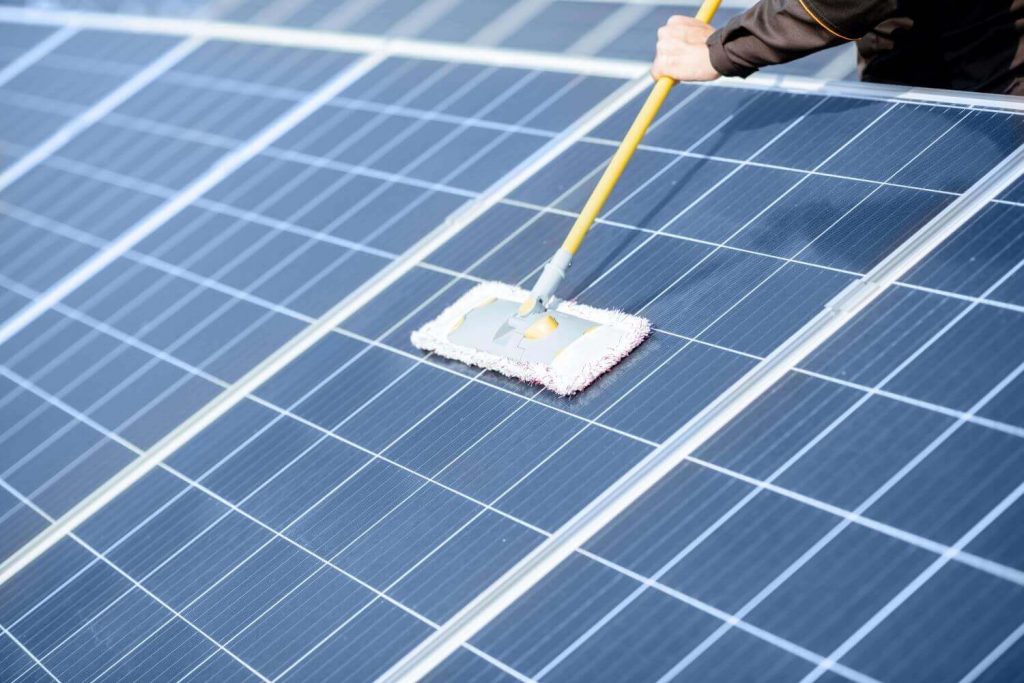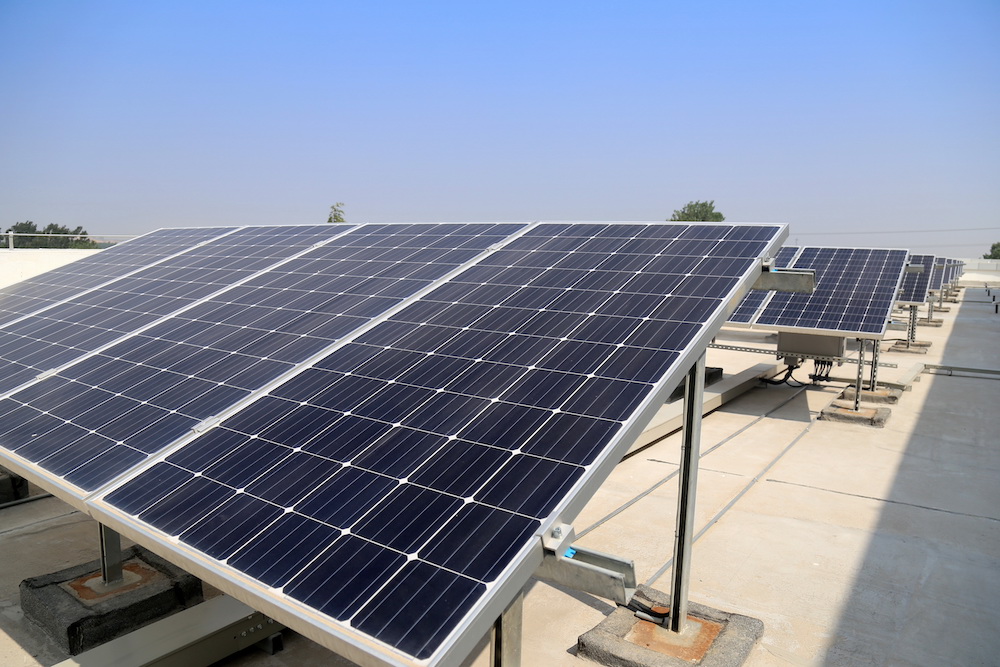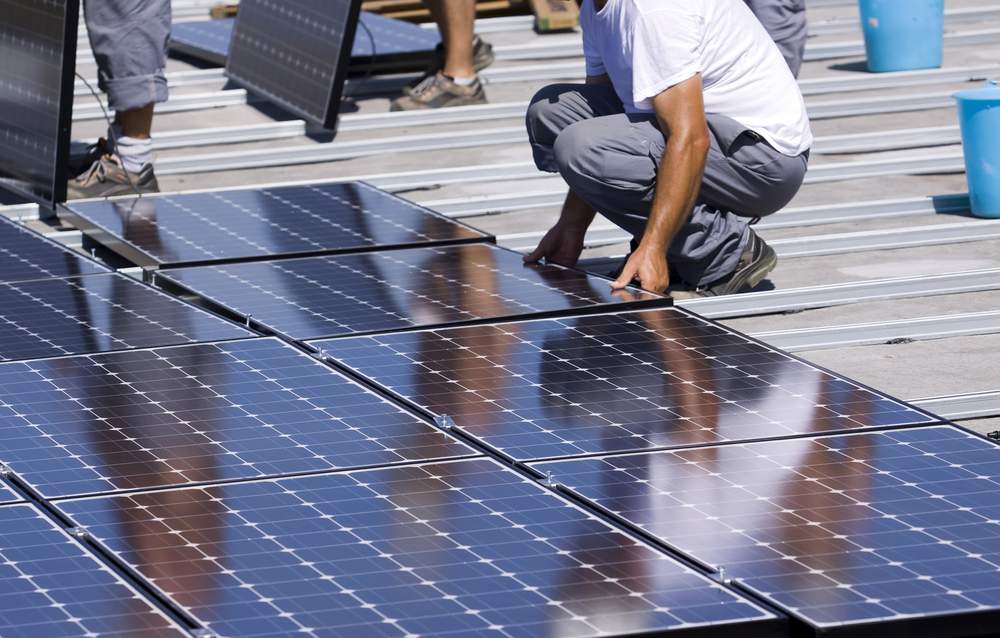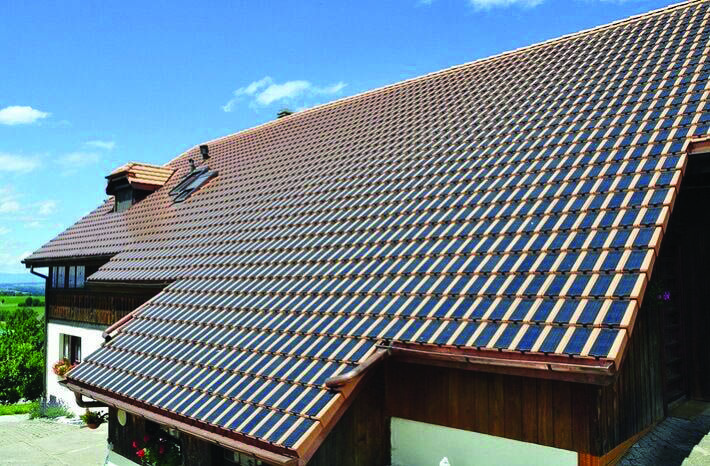Solar Power Facts For Kids: Sustainability And Renewable Energy for Next Generation
Climate change and renewable energy are high on the global news agenda right now. More and more is being discussed about safeguarding the future of our energy provision while protecting our planet. Children are the next generation who will need to continue looking for solutions around meeting energy demand without decimating finite resources. So, it makes perfect sense to education them and provide plenty of interesting solar power facts for kids.
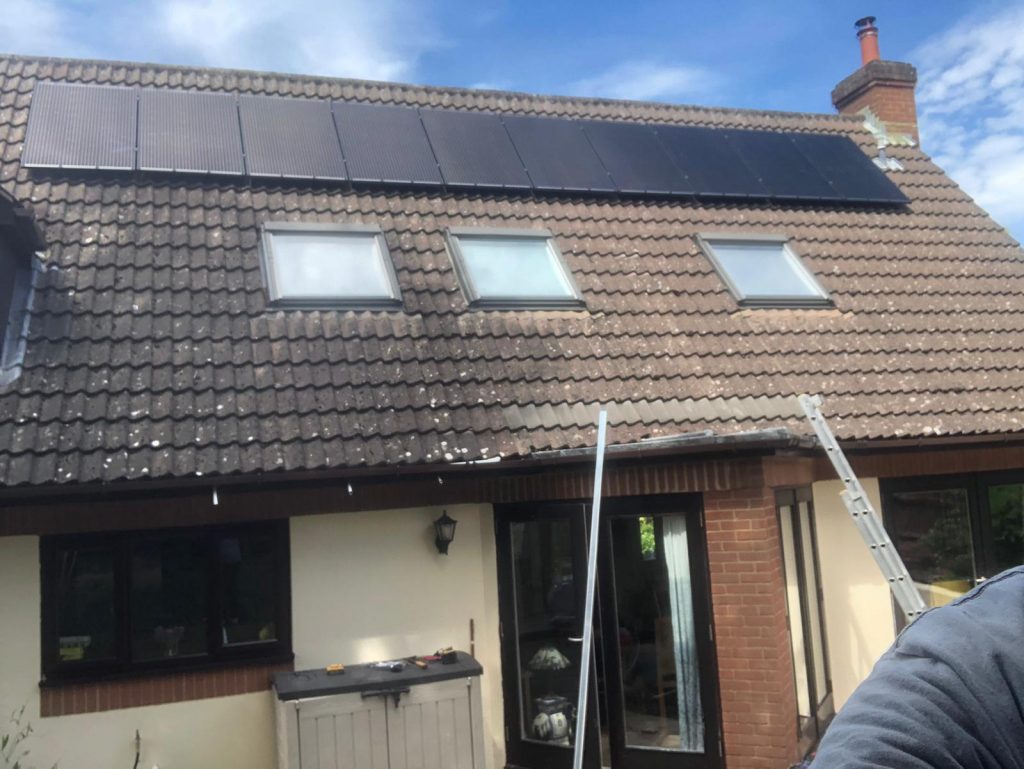
Supporting The National Curriculum
Solar power, renewable sources and how we extract energy from the sun are all key topics in schools right now. Each key stage of the national curriculum covers the subject, increasing in detail as pupils move through their education. Early years learn about the weather, the sun and why it is important to people on Earth. From there, facts about solar power for kids encompass sustainability issues, renewable energy technology and the physics behind converting solar power into electricity.
Elsewhere, children learn about designing houses for solar power and ethical considerations around fossil fuels and climate change. They can learn about the the commercial solar panel installation at home and in business and the advantages we get from that. There are many online resources to help support pupils learning about solar power, including BBC Bitesize.
So, Why is Connecting Children And Solar Power Important?
Aside from the fact that the subject of renewable energy is in the national curriculum, there are other reasons why we need children to be well informed. Solar power is increasing in popularity. There is far more information out there about other renewable energy sources such as wind power, water power and biomass. Keeping the topic in the public spotlight is the ideal way to encourage widespread take-up of renewable energy sources. So, what are some of the other reasons to teach the younger generation about solar power?
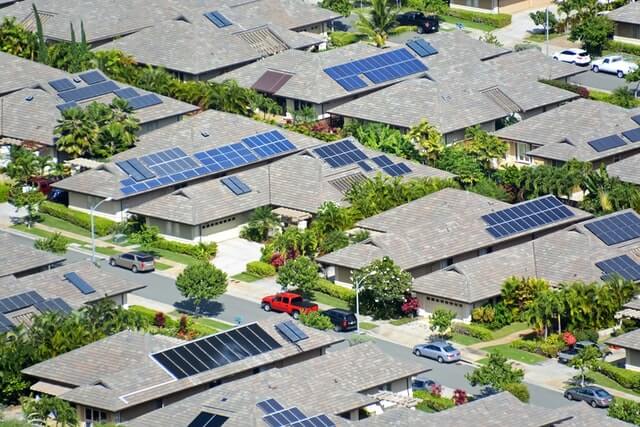
Climate Change Champions
The work carried out by young Swedish environmental campaigner, Greta Thunberg has moved climate change awareness up the global news agenda. There can’t be many people in the Western world and beyond who haven’t at least heard her name. Greta’s youthful enthusiasm and informed campaigning has inspired many of her peers to take action. If we can increase the number and impact of children and solar power campaigning, we can take the renewable energy message even further.
Engineering Inspiration
Solar power facts for kids can offer inspiration in other directions too. Solar power is being used in many areas alongside domestic electricity. More and more businesses are converting to using solar panels to power offices, factories, retail outlets and warehouses. The automotive sector is making strides in replacing fossil fuels with electricity and renewable energy sources to power vehicles.
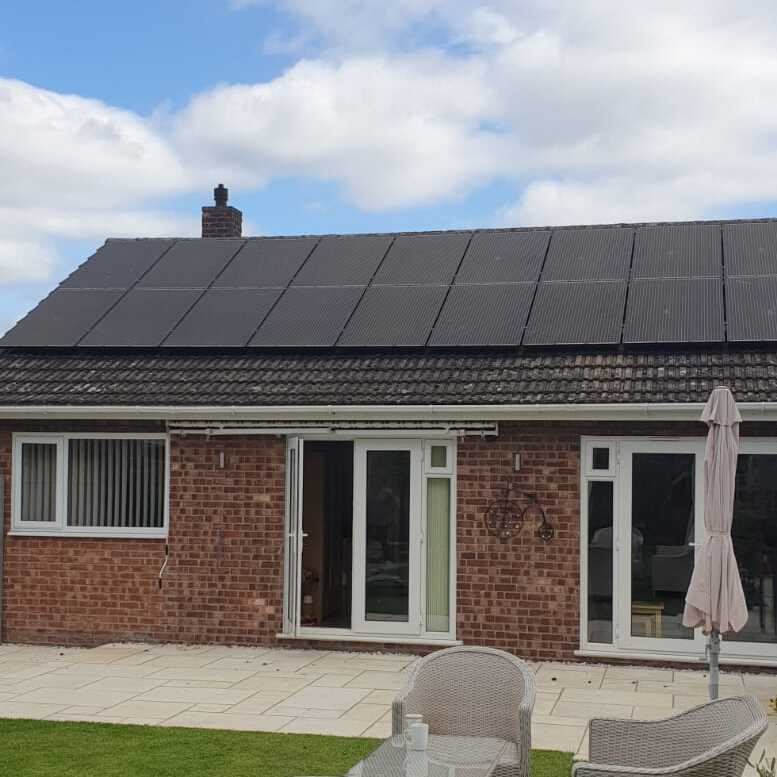
Engineers of the future will be looking deeper into how else to use solar power for vital services and equipment.The more we can teach children about its potential, the better informed our future engineers will be.
Energy Saving Experts
They say that children learn by copying, but this can work both ways. Armed with solar power facts for kids, children can share what they learn with the rest of their household. Children can be a powerful motivator to help adults live more sustainably and look more deeply into renewable energy. So, the messages that they learn about the advantages of solar power can be shared very effectively at home.
Fresh New Ideas
Young people can have a way of looking at things differently. Putting children and solar power together could result in ideas to taken the technology further than anyone could imagine right now. More resources are being poured into encouraging young people to pursue careers in STEM subjects. Renewable energy and solar power development is just one area that would benefit from fresh ideas and approaches.
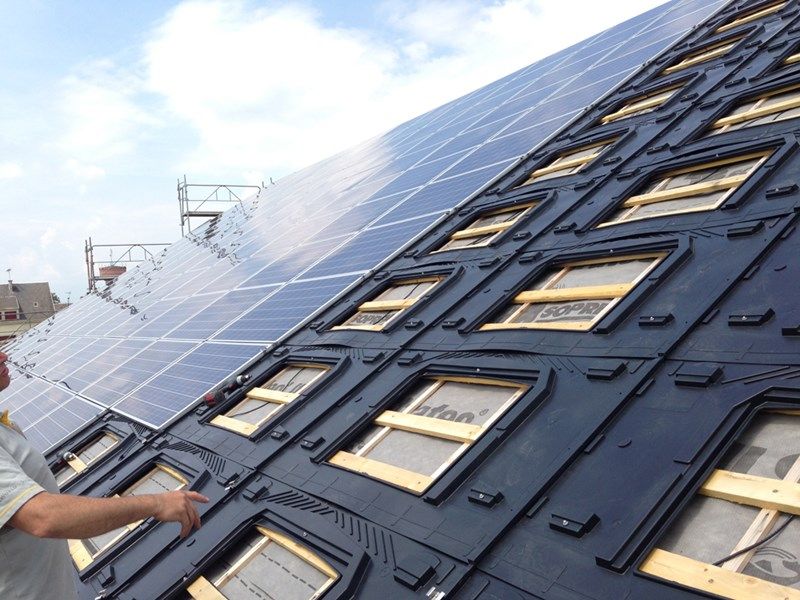
How to Attract Young People in Solar Power?
Many young people are interested in the future of our planet and ways to protect it. Solar power has become an established alternative energy generation source with a proven successful track record. By providing solar power facts for kids that highlight the benefits, we can give them the tools they need to spread the word.
Other ways to interest young people in the subject include interactive solar power workshops and activities. They will also appreciate resources to help them with science projects at college or school. Above all, demonstrating how solar power works and the solar power facts for kids and can help us live sustainably will help to capture young imaginations.



